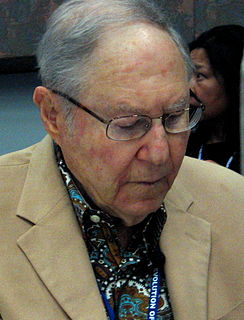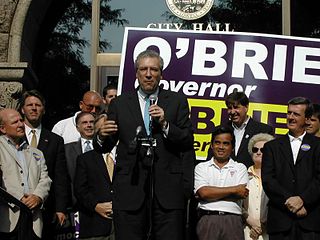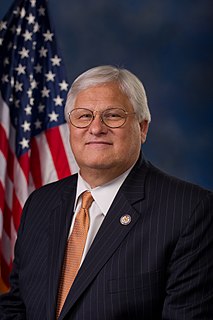A Quote by William Glasser
Running a school where the students all succeed, even if some students have to help others to make the grade, is good preparation for democracy.
Related Quotes
Public education for some time has been heavily focused on what curricula we believe will be helpful to students. Life-Enriching Education is based on the premise that the relationship between teachers and students, the relationships of students with one another, and the relationships of students to what they are learning are equally important in preparing students for the future.
With my students I give them lots and lots of guided writing. Part of it is as simple as writing a lot but not toward anything. The mind floats. Then I help them see where the language has heat. If we do this a lot in class, students eventually relax into this writing practice and enjoy it. Even just that - writing pleasure without the anxiety of "audience" or "grade" or "success" - is a kind of impetus toward the unfamiliar.
I was born 50 years after slavery, in 1913. I was allowed to read. My mother, who was a teacher, taught me when I was a very young child. The first school I attended was a small building that went from first to sixth grade. There was one teacher for all of the students. There could be anywhere from 50 to 60 students of all different ages.





































